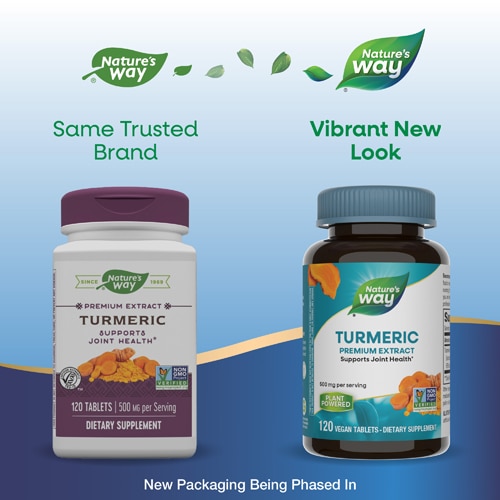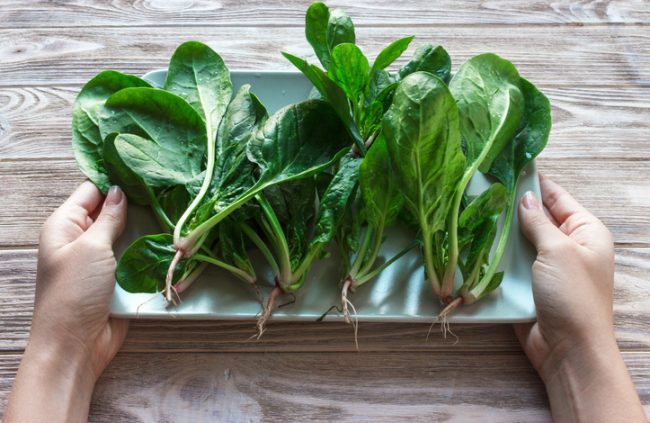Dr. Steven Gundry reigns as the king of the controversial lectin-free diet.
In his 2017 book, “The Plant Paradox: The Hidden Dangers in ‘Healthy’ Foods That Cause Disease and Weight Gain,” Gundry makes the case for avoiding a group of plant-based proteins known as lectins. The lifestyle physician and former cardiac surgeon, whose devotees include actress Gwyneth Paltrow, life coach Tony Robbins and TV personality Dr. Mehmet Oz, recently followed up that book with a lectin-free cookbook.
The 2017 book argues that lectins are a “hidden toxin lurking in seemingly healthy foods” such as beans, brown rice, nuts, potatoes, quinoa, tomatoes and zucchini — seven staples of a plant-based diet. Gundry says these purported toxins are tied an assortment of inflammation-related health problems, such as cancer and diabetes.
Critics, including many nutrition professionals, insist Gundry doesn’t know beans about lectin. And they condemn his much-hyped lectin-free diet as yet another potentially harmful fad.
In promoting a lectin-free lifestyle, Gundry told Paltrow’s Goop.com that he’s “become convinced that plant lectins and the havoc they promote are the root causes of almost all diseases.” Among other ailments, Gundry links lectins to:
- Damage to the digestive system.
- “Leaky gut” syndrome.
- Weight gain.
To escape those and other consequences of consuming lectins, Gundry recommends dumping foods high in lectins from your diet, such as milk, rice, potatoes, bread, beans, lentils, most nuts, tomatoes (unless peeled and deseeded), cucumbers (unless peeled and deseeded), chia, pumpkin seeds, tofu, soy protein and a variety of sweeteners (including sugar).
So, what can you eat, according to Gundry? Among the foods that make his “yes” list are:
- 12 types of oil (such as avocado, coconut and olive).
- Sweeteners like Stevia and monk fruit.
- Nuts and seeds like pecans, pine nuts, chestnuts, flaxseed, hempseed and sesame seeds.
- Almond, coconut and hazelnut flours.
- More than a dozen types of fish and seafood.
- Plants like algae, asparagus, carrots, cauliflower, leafy greens, mushrooms, seaweed and spinach.
- Pasture-raised poultry, such as chicken and turkey.
- Grass-fed meat, such as beef, pork and lamb.
OK, now that you’re up to speed on some of the foods that get a thumbs-up and thumbs-down from Gundry, should you go down the lectin-free path? Nutrition professionals recommend taking a detour.
“To put it generously, it is fair to say that Dr. Gundry has not made a convincing argument that lectins as a class are hazardous,” T. Colin Campbell and Dr. Thomas Campbell wrote on the website for the T. Colin Campbell Center for Nutrition Studies, which advocates for plant-based dieting.
The Campbells call out Gundry for making a variety of assertions about lectins that haven’t been subjected to rigorous scientific scrutiny. Plus, they note that all lectins should not be swept aside with a broad brush, as some of them actually are beneficial; for instance, researchers think lectins might wield antimicrobial and anti-cancer properties.
“The lectin-free diet is a fad that should be ignored. It is basically an attempt to scare you away from eating a healthy, low-fat, plant-based diet and toward eating a fatty, animal-based diet instead,” says Laura Endicott Thomas, author of “Where Do Gorillas Get their Protein? What We Really Know About Diet and Health.” “It is also an excuse for selling some extremely expensive supplements of questionable value.”
On his website, Gundry markets a dietary supplement called the Lectin Shield that promises to protect your body from an overabundance of lectins. The 120-capsule bottle sells for $79.99, or about 66 cents per capsule.
Registered dietitian nutritionist Sharon Palmer, who bills herself as the “Plant-Powered Dietitian,” explains that lectin is an antinutrient found in plant foods that can disrupt our body’s absorption of nutrients. However, experts say, while some antinutrients aren’t good for you, others are. Therefore, shielding ourselves from all antinutrients might not be advisable.
That situation is similar to the concern over lectins being toxic: Some lectins are bad for you, while others are harmless. Raw or undercooked red kidney beans, for instance, do contain toxic lectins. But as long as those beans are properly washed and cooked, then they don’t pose a toxic threat.
“Eliminating whole groups of nutritious foods for reasons that aren’t backed up by any science is unfortunately a common trend, and lectins are the newest ‘toxic’ thing,” registered dietitian nutritionist Kaleigh McMordie says.
McMordie and others emphasize that foods with higher amounts of lectins — and, by association, many whole grains, nuts, seeds, fruits and vegetables — shouldn’t be banished from our diet. In fact, the opposite might be true. Palmer and other experts point out that foods like beans and whole grains have been proven to offer a plethora of health benefits.
“During World War I, the food rationing system in Denmark allowed people to eat all of the grains and potatoes and beans that they wanted but dramatically reduced their access to fats and animal-source foods,” Thomas says. “As a result, Denmark had the lowest death rate in its history. Evidently, that huge increase in the intake of lectins did the Danes no harm.”
Any diet, such as the lectin-free diet, that mandates strict elimination of commonly eaten foods can raise stress and anxiety levels related to food, McMordie says.
“Eating becomes much less convenient and more of a chore for the person who is always trying to find something free of a ‘toxic’ ingredient,” McMordie says. “This type of eating, when taken to extremes, can lead to disordered eating patterns or even a full-blown eating disorder.”




